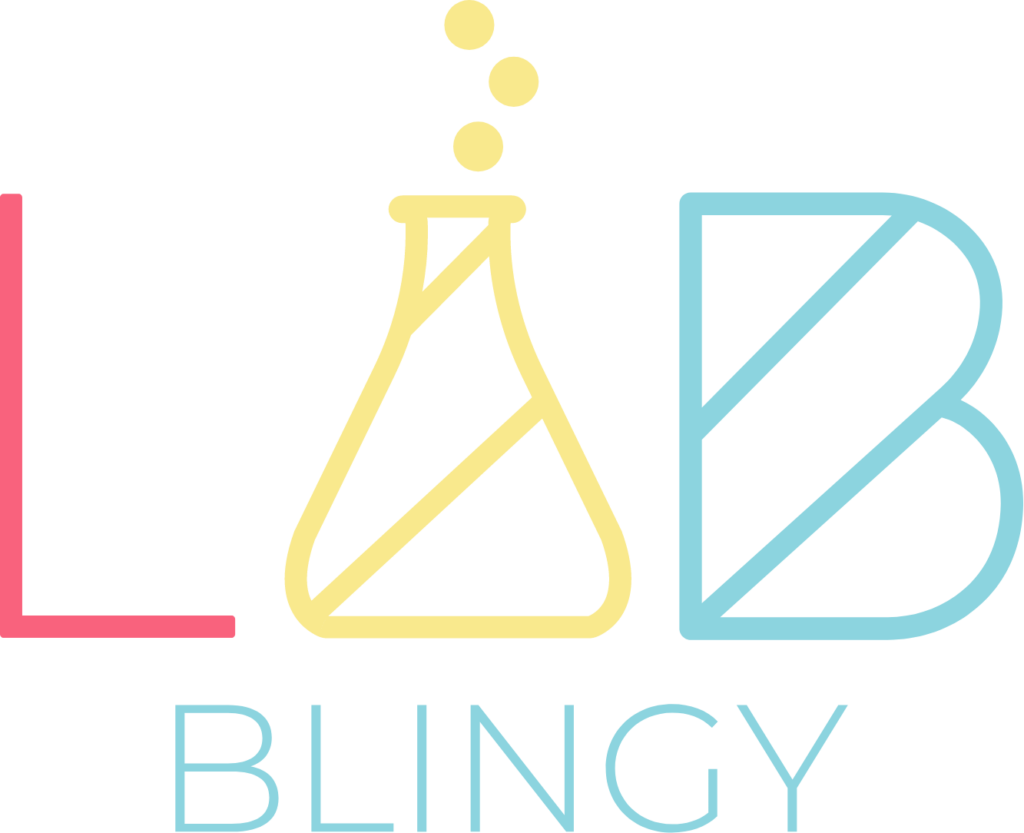Bitcoin is a decentralized digital currency outside the central bank and government control. It has become an increasingly popular form of payment in recent years. Bitcoin has experienced a lot of ups and downs since its introduction in 2009. The price of bitcoin is volatile, gaining and losing value quickly. The fluctuating price makes it difficult for governments to regulate. With little regulation, some illegal activities occur on the network, but the actual network percentage amount is a misconception.
According to Chainalysis, “Bitcoin’s Illegal Activity Is Only 0.15% Of Transaction Volume”. And according to Altcoin News, “Fiat Is 800 Times More Used in Illegal Activities Than Bitcoin”. This article suggests that more than 99% of all Bitcoin transactions are legal.
Bitcoin is a digital currency that is decentralized, meaning there is no central bank or authority that controls it. Released in 2009, Bitcoin gained a value of $0.08 per bitcoin by 2010. Since then, the price has grown exponentially to over $10,000 per bitcoin in 2017. The advantages of Bitcoin are also many, but some disadvantages make governments and banks cringe.
Advantages of Bitcoin:
– Decentralized – no central bank or authority controls it
– Semi-Anonymous – transactions only have an address, no owner name
– Nominal transaction fees – you can send money with small fees
– Fast transactions – you can send money to anyone in seconds
– Secure – all transactions are secured with cryptography
– Anti inflationary – deflationary Bitcoin is more deflationary than standard currencies
– Transparent – all transactions are publically visible to everyone
– More efficient than traditional finance – Bitcoins have a much lower transaction cost than other payment methods
Disadvantages of Bitcoin:
-
A significant disadvantage of Bitcoin is that any government or central bank does not back it.
-
Without backing, the value of Bitcoin can fluctuate wildly, making it a risky investment.
-
Another disadvantage of Bitcoin is its lack of regulation.
-
Without regulation, people who use Bitcoin are not protected against fraud and theft in the same way as people who use fiat currency (traditional currencies).
Introduction: Bitcoin, the Digital Currency that is on Everyone’s Mind
Bitcoin is a digital currency created and released to the public in 2009. It is decentralized, meaning it doesn’t need a central authority to keep track of transactions. Bitcoin is gaining popularity, and many see it as an investment opportunity. Bitcoin is a new type of asset class, with the potential for price appreciation like stocks and bonds, but with price volatility like gold and silver. The goal of bitcoin is to create a new type of money without any restrictions or boundaries.
Bitcoin is decentralized, meaning there is no central authority to keep track of transactions; instead, the network does it for you. One interesting feature of Bitcoin is that a finite number of coins can be mined. When this “mining” process was first introduced in 2009, each coin had been valued at less than $0.01. Since then, the value has increased to over $8,000 per coin in December 2017 and more than $11,000 in the following years.
Bitcoin’s value Makes it a Target for Crime
Keywords: bitcoin crime rates, bitcoin laundering, bitcoin price manipulation.
Bitcoin is an anonymous, decentralized currency that can buy anything online. These features make it attractive money for criminals due to its anonymous nature. The total illegal activity on the Bitcoin network accounts for less than 0.2%, which is relatively insignificant. Governments, banks, and law enforcement agencies exaggerate Bitcoin’s unlawful activity and portray the entire network negatively. This inaccuracy and false inflation of nefarious transactions have led the general public to view Bitcoin as harmful, negative, or risky.
Possibility of Bitcoin Being Regulated from Beyond its Sphere
Bitcoin is a digital currency that has been around for more than ten years—created as an alternative to fiat currencies, which centralized the government’s control. Bitcoin is decentralized, meaning any government or bank does not own it. One of the reasons why Bitcoin has been successful in the past decade is because it’s unregulated. As a result, it’s gained popularity among those who want to avoid banks and governments. However, this may not last much longer as countries are starting to regulate Bitcoin more and more.
For Bitcoin to survive in the future, it must be regulated to achieve mass adoption. People want to use it without being penalized by their government or bank. Bitcoin regulations in the past decade have been largely unsuccessful because Bitcoin is decentralized, meaning there is no authority to govern. However, this may not last much longer as countries are starting to regulate Bitcoin more and more. Governments are beginning to crack down on bitcoin, swallowing the tough pill where they can’t control it but only regulate it.
Bitcoin Gains Popularity but Loses Usefulness and Stability
Bitcoin is the first cryptocurrency in the world, and it has been gaining popularity since it came into existence. It was created by an anonymous person or group of people named Satoshi Nakamoto. Bitcoin gained popularity because it was a decentralized peer-to-peer currency outside the traditional banking network.
Bitcoin does not have a central controlling authority, and there are very few regulations for this cryptocurrency. However, Bitcoin’s usefulness as a currency has become questioned because of its instability. The price of bitcoin changes daily, making it hard to use for purchases. It is not stable enough to be used as a currency because you never know how much you will need to spend on anything from one day to the next.
With the instability of Bitcoin, more people have been investing in Stablecoins. These cryptocurrencies are more stable than bitcoin, typically pegged to a fiat currency like US Dollars. Stablecoins can be used for payments because they maintain stable value daily. Many retailers do not accept Bitcoin as a form of payment, but here is a list of companies that do:
-
Microsoft
-
Overstock
-
Home Depot
-
Starbucks
-
Whole Foods
-
NewEgg
-
Namecheap
-
AT&T
-
Bitrefill
Conclusion: The future of Bitcoin is Uncertain
Bitcoin is a digital currency with no physical form, unregulated by any country. It was invented in 2009 by an unknown person or group named Satoshi Nakamoto. Bitcoin operates on blockchain technology, a decentralized public ledger that records transactions between two parties without needing a financial institution.
The peer-to-peer community architecture powers bitcoin. Volunteers run the decentralized network and contribute computing power toward the collective good. Designed to create a transparent system with no hierarchy, Bitcoin has surpassed all expectations.
The future of bitcoin remains uncertain, but one thing’s sure:
Bitcoin will continue to be an essential economic tool, regardless of its volatility or legality.
Follow my Twitter @JoyyuanWeb3 to learn about the trends of Blockchain, Crypto, and Web3!








